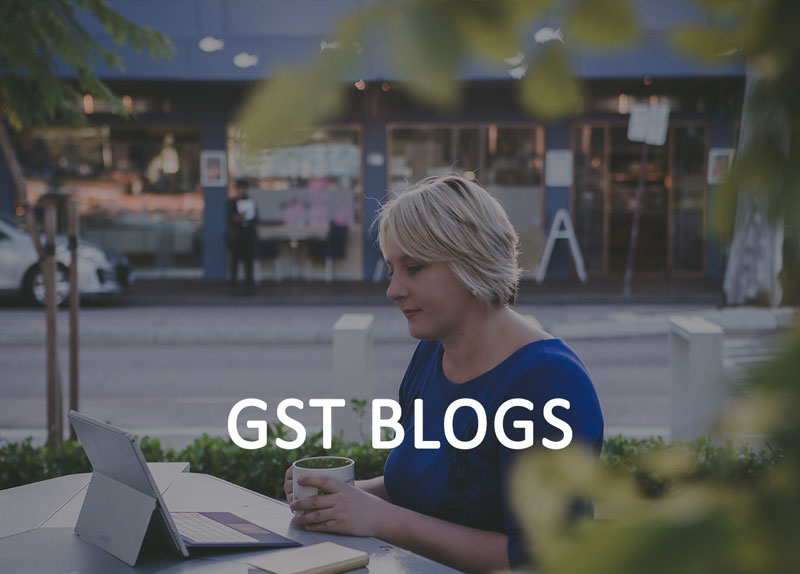
Actionable Tips for Better Record Keeping in Your Business
Repeat after me: “a shoebox alone is not a solution”. Ok, look. I know lots of business owners do this – and it’s not the end of the world if that’s where all your receipts are stored right now. I’ve got a few tips up my sleeve to help you keep on top of them – and make tax time more about reviewing info, than spending hours going through your shoebox receipts.
First up – have a think about the systems you currently have in your business. What’s working? What’s not working? If you don’t have a system for your records already, it’s time to create one! Trust me, it’ll make your life a whole lot easier and feel much more organised – which is a great feeling! Perhaps you already have a system in place, but is it effective and saving you time? Sometimes systems can end up creating more work – which completely defeats the purpose! Your goal should always be to streamline and get it done faster and easier. If it’s a hassle, you’ll procrastinate on doing it too – meaning a build up of work (read: a stack of accounting to do, come tax time 😉).
One challenge we often see with clients is when business owners have a CRM, and an accounting system completely separate – and where these systems don’t speak to each other. In this scenario you’ll find that information is being duplicated and can get confusing – and instead of making life easier, you create extra work! So instead of just letting things go – take the time to evaluate what systems you have and if they are truly working in your business so that you don’t have extra to do later on.
Another big thing to pay attention to is whether your CRM is setup for GST. Some that were created by international organisations may not account for GST, and this can also cause big issues down the track if your invoicing is not accurate. Even if you aren’t at the stage of charging GST just yet, it’s handy to know that your CRM can handle it so that you don’t need to change systems when you do get to this stage.
Also a super important tip for record keeping in your business is keeping them for five years. These don’t have to be paper, they could be electronic. But, as a business owner you need to make sure you are keeping everything. That means, if you commit to taking photos of your receipts and load them into a system like Xero – it’s best if you do ALL of your receipts that way, rather than half and half.
Our last tips for record keeping is our personal preference – use an app where you can take photos of your receipts rather than keeping paper copies. This way you can ensure that it’s always saved, even if you lose the paper copies – or if the ink fades! There are some great apps out there like Receipt Bank. If you do want to keep the paper copies as well – make sure they are stored in one place – like a shoebox or zip lock bag. Our final tip is to separate your records by financial year – and we mean when the invoice was PAID, not when it was raised.
Phew! Implementing these steps will save you so much time and avoid headaches in the long run. Which will you start by doing next?

